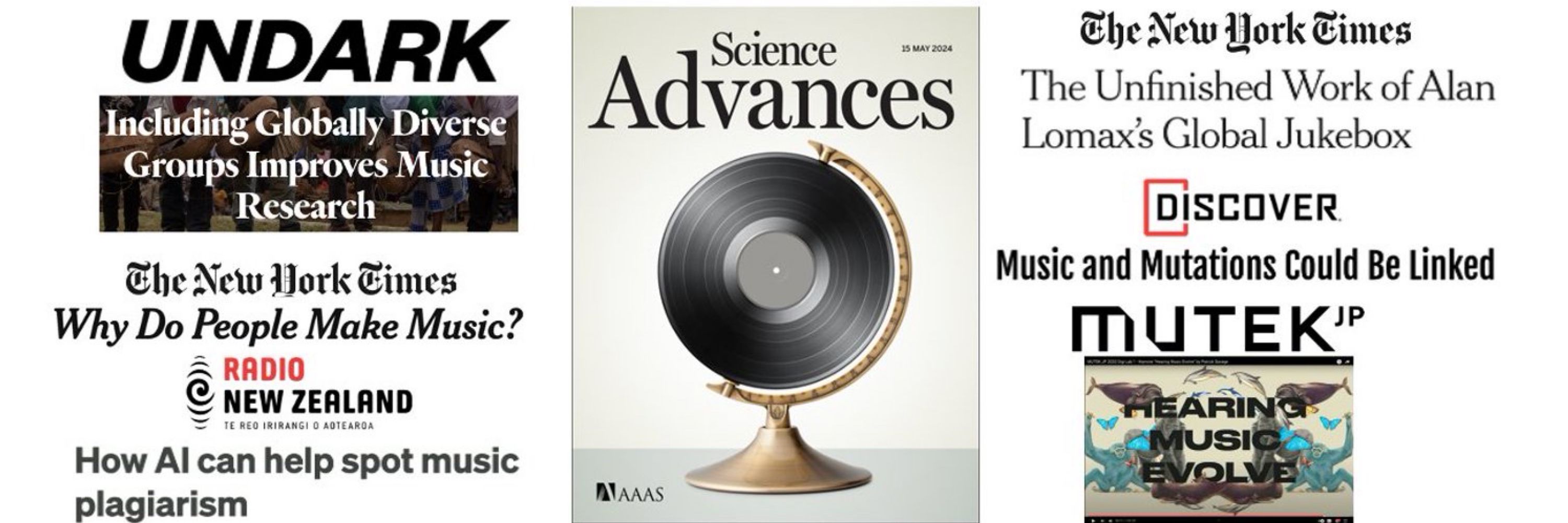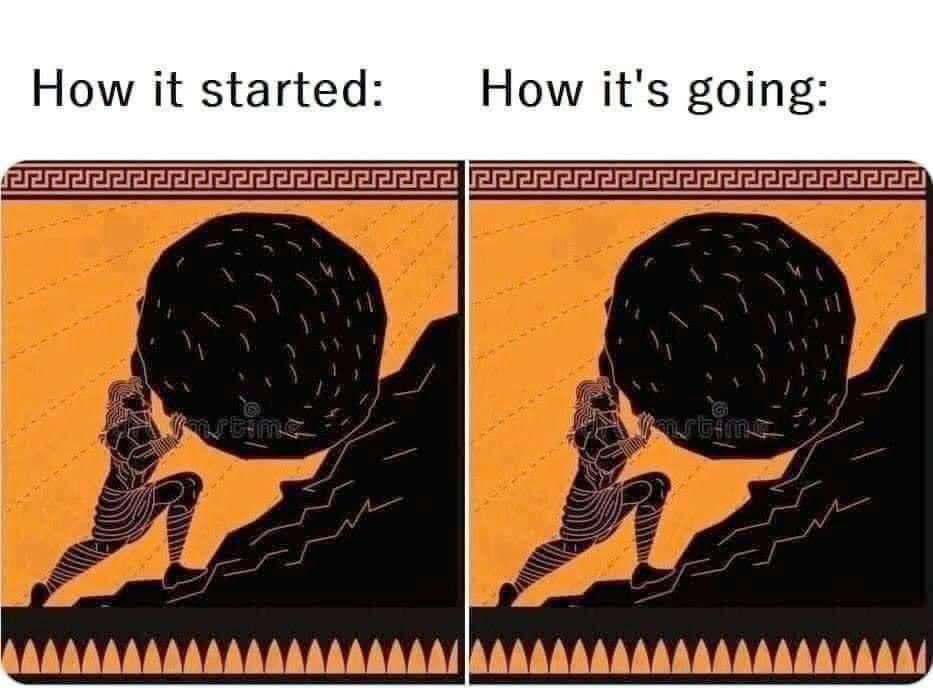Pat Savage
@patrickesavage.bsky.social
2.4K followers
680 following
610 posts
Director: @compmusiclab.bsky.social. Rutherford Discovery Fellow @U Auckland. Assoc. Prof. @Keio U. PI @manyvoices.bsky.social. Music, evolution, diversity. He/him. Tangata tiriti.
Posts
Media
Videos
Starter Packs
Pinned
Reposted by Pat Savage
Reposted by Pat Savage
Reposted by Pat Savage
Reposted by Pat Savage
Reposted by Pat Savage
Reposted by Pat Savage
Reposted by Pat Savage
Reposted by Pat Savage
Reposted by Pat Savage
Reposted by Pat Savage
Reposted by Pat Savage
Reposted by Pat Savage
















